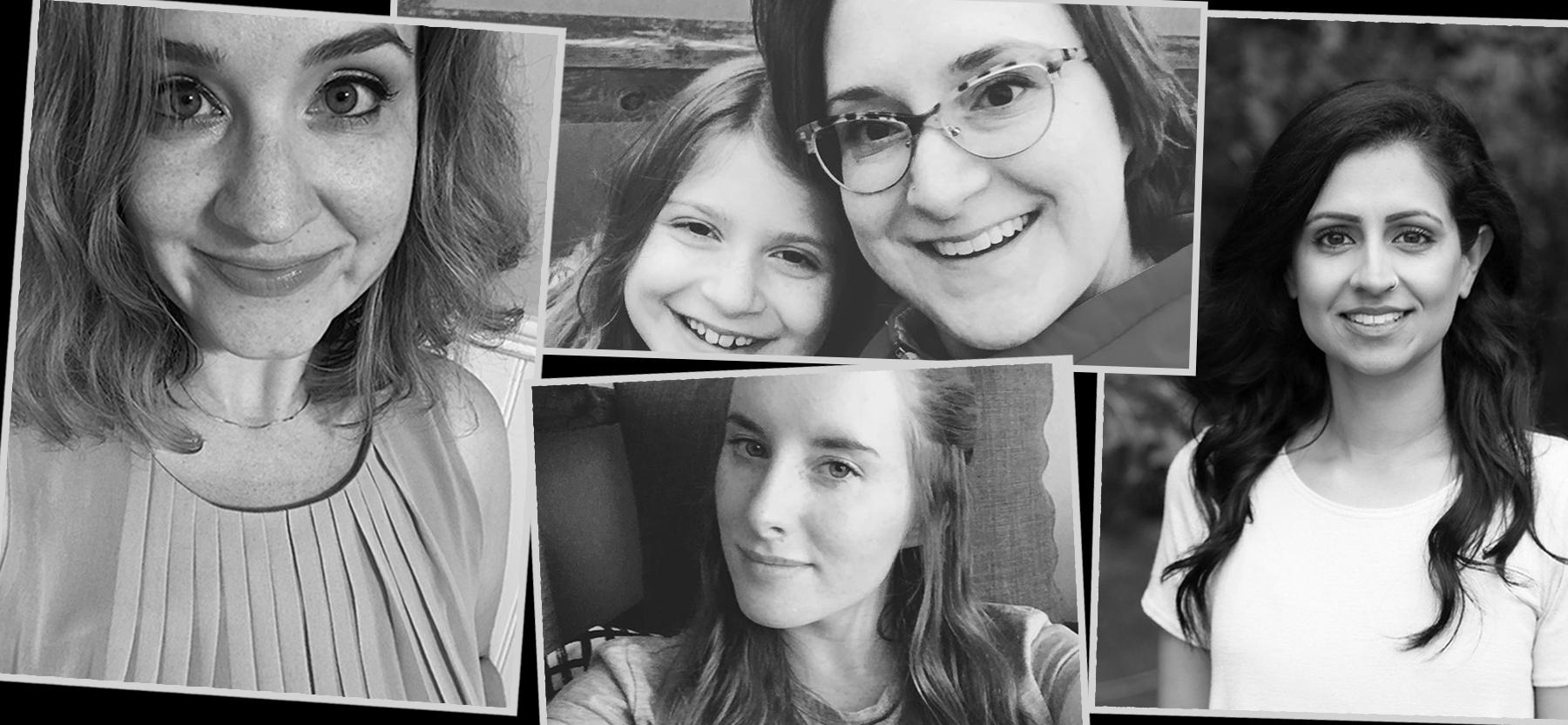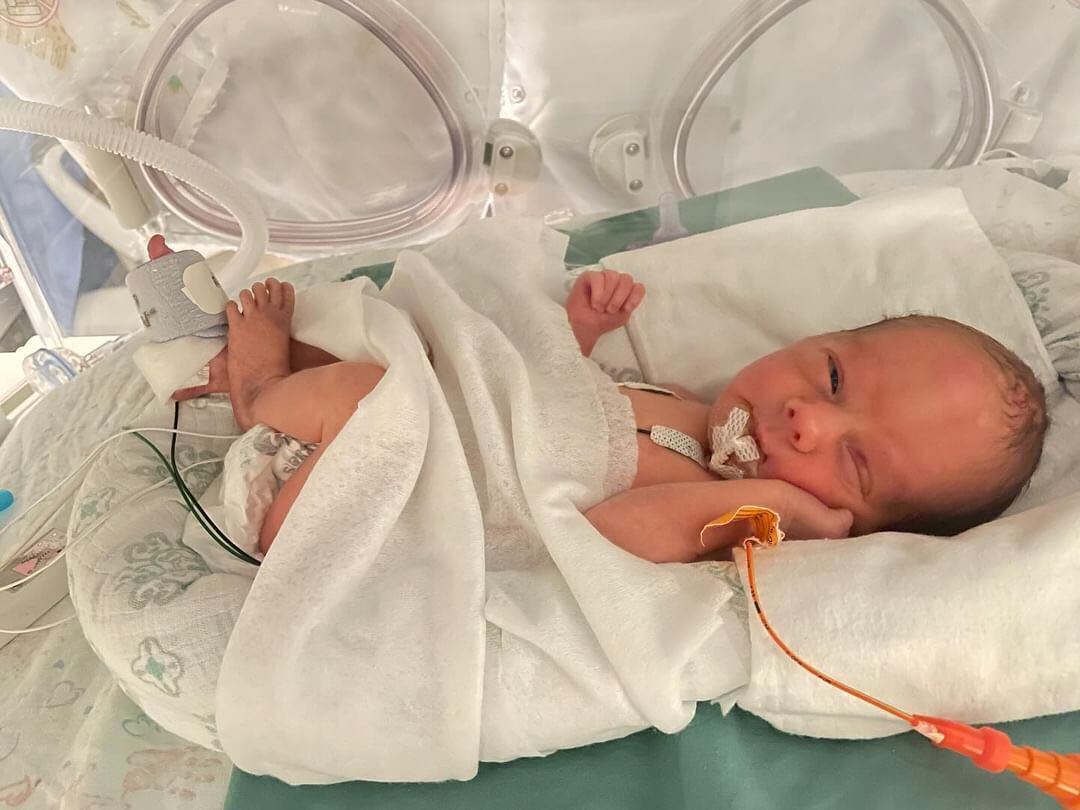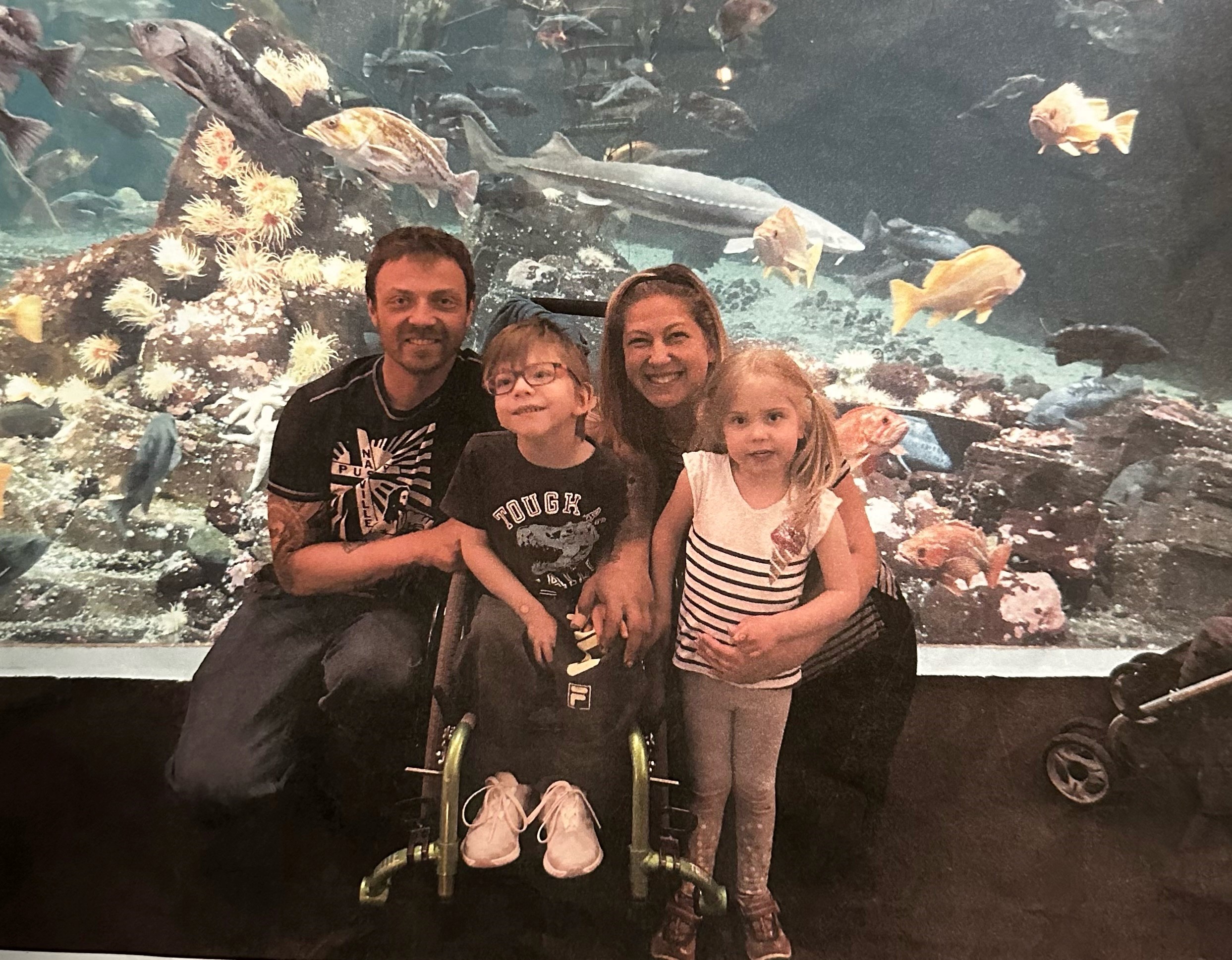
Endometriosis is a disease in which tissue similar to the uterine lining grows outside the uterus. It affects one in 10 women and the symptoms can be devastating.
There is no cure for endometriosis yet. However, treatments are available to manage symptoms and help women lead healthy, active lives. Researchers at BC Women’s Centre for Pelvic Pain and Endometriosis are making major strides in understanding this condition.
Their interdisciplinary model of care combines traditional treatments, like surgery and hormones, with physiotherapy, mindfulness, and education. This model has proven a reduction in emergency room visits and improved quality of life.
Diagnosis is the gateway to appropriate treatment, but studies still suggest it takes an average of 10 years to receive a diagnosis. Simply put, we need more awareness and research for this to improve. That’s why, for Endometriosis Awareness Month, we’re harnessing the power of story to let people know there are treatments, they are not alone, and pain is not normal.
Here are four stories, from four women living with endometriosis.
LINDSAY’S STORY OF HOPE

“Like many people living with endometriosis, I suffered for years without answers. Endless ER visits, exams, ultrasounds, and CT scans only resulted in the phrase ‘you just have bad periods’. So from age 13 to 34, that’s what I believed.
Gradually, the pain took over my life. I lived with a heating pad pressed against me, stayed in bed, and took Advil until my stomach hurt. I isolated myself. At times I felt I couldn’t go on any longer. During a check-up for an unrelated matter, the nurse took one look at me and asked, “have you heard of endometriosis?” Just like that, I had hope.
After years of being dismissed, I felt vindicated. I was determined to get answers. I scoured the web and joined support groups. I was armed with knowledge and full of hope.”
MEGAN’S STORY OF RESILIENCE

“I began experiencing symptoms at age 14, but for years these were dismissed and shrugged off as just “part of being a woman.” I saw seven doctors over the course of 11 years. They only offered birth control and pain killers as “treatment” options.
At age 25 I had to stop working because the pain had escalated to an unbearable degree. One night, I came across a post from a woman with endometriosis. It was an ‘aha moment.’ Her symptoms mirrored mine. Despite my symptoms being textbook endometriosis, not a single doctor had ever suggested it to me… in over a decade of seeking answers.
So I took this information to a walk-in clinic and was finally listened to. The doctor suggested BC Women’s Hospital. This led to my referral to Dr. Paul Yong, who finally took my pain seriously.
Today, I’m very lucky to have had a successful surgery. It gave me my body back. I’m now working full time, and have even been able to take on coursework and other commitments… when only a few years ago just getting out of bed was a struggle.”
SARAH’S STORY OF PERSISTENCE

“Doctors told me for years that “extreme pain and cramps during menstruation were normal” and “some women just have to deal with it.”
Pain that was so bad it made me throw up, faint, and not be able to walk. Even after explaining that these symptoms caused me to miss school and work, my pain was shrugged off.
The worst dismissal I received was a few months after an IUD insertion. I was in excruciating pain and my husband took me to a walk-in clinic. Instead of addressing my pain, they were concerned about my husband. They worried my IUD was causing my husband pain when we had sex. My pain was not acknowledged or treated.
I fought for my health for 20 years before finally being referred to BC Women’s Hospital’s Centre for Pelvic Pain & Endometriosis.
I learned how mindfulness could help eliminate my pain and finally found relief from my pain. Awareness month motivates me to share my story so others can learn or relate and not feel alone.
Today, I continue to advocate as a volunteer on the Patient Research Advisory Board for Endometriosis, and as a Digital Strategist for the UBC Endometriosis and Pelvic Pain Laboratory.”
ROOP’S STORY OF ADVOCACY

“I was age 11 when I got my first period. Soon after, I was prescribed birth control to manage it. But it wasn’t until I was age 30 that I was finally diagnosed with Endometriosis.
After 2 ablation surgeries, I learned about excision as the ‘gold standard’ for surgically treating endometriosis. My third surgery was major. I was diagnosed with “Stage 4 Deep Infiltrating Endometriosis & Adenomyosis.”
Endometriosis has changed my life in ways I never imagined.
It’s been the cause of my daily unmanaged pain, infertility, nausea, bloating, insomnia, anxiety, stress, depression, fatigue. I’ve had to quit my job, completely change my diet and lifestyle. I’ve had side effects from medications I shouldn’t have had to take.
We need more than just awareness. We need education in schools, more trained endometriosis specialists, and a standardized surgical approach. This is not just a reproductive issue. This is a whole-body disease.
Each day is a battle with endometriosis. But had I not fought, I wouldn’t have learned about the strength, resilience and courage I have.”
Keep reading about how BC Women’s Centre for Pelvic Pain and Endometriosis is changing the future of endometriosis care across the globe.
STAY ENGAGED
- Follow @PelvicPainEndo.
- Share your story.
- Volunteer with the Endometriosis Network Canada.
- Donate to research at BC Women’s Centre for Pelvic Pain and Endometriosis.
BC Women’s Health Foundation is BC’s largest non-profit organization dedicated to advancing the full spectrum of women’s health. The information shared is intended to educate, inform, and point readers to credible sources. It is not intended to substitute professional medical advice. Always seek the advice of qualified healthcare professionals with any questions specific to your medical condition.
-
Hope and Healing for BC’s Most Vulnerable
Not all pregnancies go smoothly. Some new moms encounter a multitude of life-threatening challenges. This was ...
Read more -
Immunoassay Analyzer for Newborn Screening
Simply put, early detection through newborn screening is saving lives. Baby Harri was one of the fortunate bab...
Read more -
A Journey of Hope + Gratitude
"You just never know how much you’ll appreciate a great facility like this until you go through something yo...
Read more



